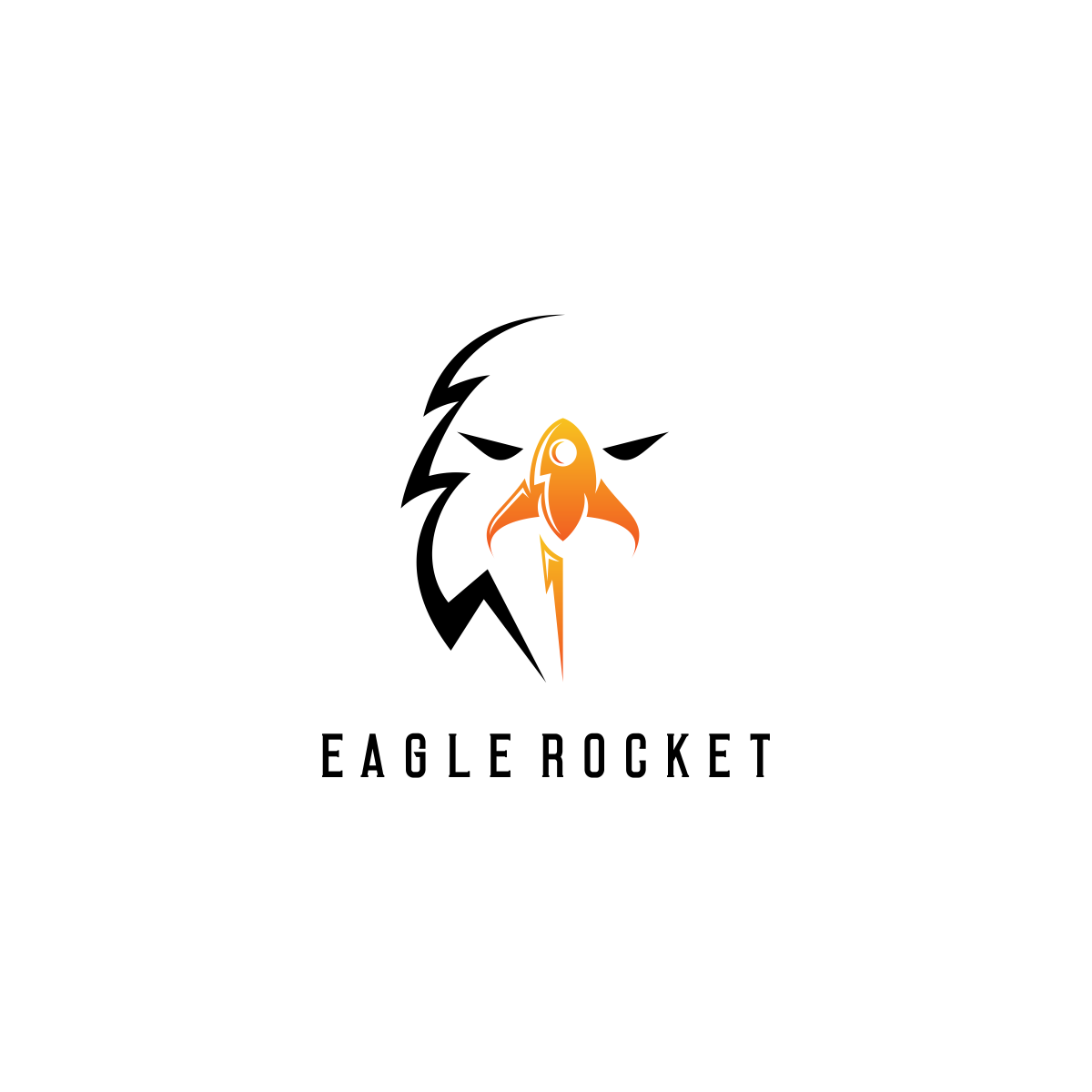The evolving landscape of team collaboration in 2025 requires organizations to adopt effective strategies to enhance productivity and morale. Companies today face challenges such as remote working complexities, diverse team dynamics, and the integration of advanced collaborative tools. This article explores best practices for fostering effective teamwork, focusing on communication, inclusivity, flexibility, and leveraging technology. As organizations strive for innovation, understanding how to build and maintain effective teams is crucial for success.
Understanding the dynamics of effective teamwork
Effective teamwork is essential for achieving organizational goals. The dynamics within a team can determine its overall performance and success. Various elements contribute to the formation of an efficient team. These include open communication, shared responsibilities, trust among members, and clarity of goals. Furthermore, a team that embraces diversity tends to generate creative solutions and approaches to complex problems. This section delves into the key components that underpin effective teamwork.

Key attributes of a successful team
Attributes that contribute to the success of a team include:
- Clear goals and objectives: Every team member should understand the team’s mission and their individual contributions.
- Strong communication: Teams should encourage constant communication to facilitate idea-sharing and problem-solving.
- Trust and respect: Trust is the foundation of collaboration, enabling team members to confidently share their opinions and take risks.
- Diversity and inclusiveness: Teams that incorporate diverse perspectives and ideas can create innovative solutions.
- Flexibility and adaptability: A willingness to adapt to changing circumstances is vital for maintaining effectiveness.
Importance of team collaboration tools
The integration of collaboration tools such as Slack, Microsoft Teams, Zoom, and project management platforms like Trello, Asana, Monday.com, Google Workspace, Notion, and Miro facilitates seamless communication and coordination in teams. Utilizing these tools enhances accessibility to information and improves teamwork efficiency.
Establishing effective communication practices
Effective communication is at the heart of successful teamwork. Organizations need to establish communication protocols that enable clear information dissemination and foster constructive dialogue. Teams should prioritize openness and create environments that encourage feedback and discussion.
Strategies for improving communication
To enhance communication within teams, consider implementing the following strategies:
- Regular check-ins: Schedule weekly meetings to align on progress, address challenges, and celebrate accomplishments.
- Utilize video conferencing tools: Tools like Zoom can enhance face-to-face interactions, reinforcing connection and understanding.
- Encourage feedback: Create a culture where team members feel comfortable giving and receiving feedback.
- Leverage messaging platforms: Use platforms like Slack for quick updates and casual communication, complementing formal meetings.
- Facilitate transparent communication: Keep all communication open and transparent to build trust and reduce misunderstandings.
The role of active listening in collaboration
Active listening is critical in fostering effective communication. Encouraging team members to truly listen to one another helps in understanding different perspectives and strengthens team bonds.
Fostering an inclusive team environment
An inclusive environment promotes participation and engagement from all team members. Recognizing and valuing diverse backgrounds, experiences, and opinions can significantly enhance team dynamics and productivity. Inclusive teams consistently outperform their peers in achieving goals and innovating solutions.
Creating an inclusive culture
Fostering inclusivity requires deliberate effort. Here are some practices that can be beneficial:
- Recruit diverse talent: Actively seek candidates from various backgrounds to enrich the team’s skill set.
- Offer training and workshops: Conduct training sessions focused on diversity, equity, and inclusion to raise awareness.
- Encourage participation: Invite all team members to contribute ideas and solutions during discussions.
- Celebrate differences: Recognize and appreciate the unique strengths that each team member brings to the team.
Embracing feedback and recognition
Encouraging a culture of feedback is instrumental in creating an inclusive environment. Recognizing individual contributions fosters motivation and reinforces belonging within the team. Regularly acknowledge achievements and provide constructive feedback to enhance overall team performance.
Adapting to change and enhancing flexibility
With the rapid pace of change in business and technology, flexibility is crucial for team success. Efficient teams must adapt to new situations, tools, and processes quickly. Organizations should cultivate a mindset that embraces change to enhance team resilience.
Strategies for fostering adaptability
To cultivate an adaptable team, organizations can implement the following strategies:
- Encourage experimentation: Allow team members to explore new ideas and approaches without fear of failure.
- Promote lifelong learning: Invest in continuous education and training initiatives for team members.
- Foster a solutions-oriented mindset: Encourage teams to focus on solutions instead of getting bogged down by challenges.
- Implement agile methodologies: Adopt flexible project management approaches that allow for adjustments based on feedback and outcomes.
Utilizing technology for seamless collaboration
Embracing technology not only helps facilitate remote collaboration, but also enhances flexibility. Tools like Miro for brainstorming sessions or Google Workspace for collaborative document editing significantly improve teamwork efficiency.
Celebrating successes and building team spirit
Recognizing achievements and celebrating milestones play a pivotal role in nurturing team spirit. Celebrations foster a sense of belonging and create a cohesive team culture that drives motivation and engagement. The values instilled through these celebrations will help maintain high morale.
Methods to celebrate team achievements
Celebration comes in many forms. Here are effective methods for recognizing team accomplishments:
- Host milestone events: Plan gatherings to celebrate the completion of significant projects or achievements.
- Provide rewards and recognition: Acknowledge individual contributions publicly to boost motivation and loyalty.
- Incorporate team-building activities: Organize team-building exercises that encourage collaboration and camaraderie.
- Share success stories: Highlight team successes in company newsletters or meetings to inspire others.
Building a strong team culture
A strong team culture is essential for long-term success. By integrating values such as respect, collaboration, and recognition into everyday practices, organizations can create environments where teams thrive. Building rituals around recognition and feedback enhances overall team dynamics.
Harnessing the power of hybrid work models
The emergence of hybrid work models presents unique challenges and opportunities for teamwork. While remote collaboration offers flexibility, it also requires teams to adapt to new ways of working together. As the future unfolds, understanding how to navigate hybrid environments will be critical.
Strategies for successful hybrid collaboration
To successfully manage hybrid teams, organizations can adopt several strategies:
- Foster virtual interaction: Encourage regular virtual interactions using platforms like Microsoft Teams and Zoom.
- Establish clear expectations: Define roles, responsibilities, and communication protocols to promote accountability.
- Encourage inclusive practices: Ensure all voices are heard, regardless of location, promoting engagement through digital platforms.
- Monitor performance: Utilize tools that provide insights into team performance to identify areas for improvement.
The future of teamwork
The landscape of teamwork is continuously evolving. As businesses adapt to technological advancements and changing work environments, the principles of collaboration will remain essential. Organizations must remain open to feedback and foster a culture that embraces change, ensuring teams can operate effectively in the face of new challenges.

